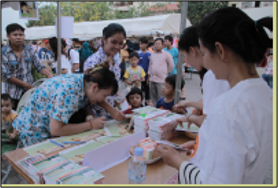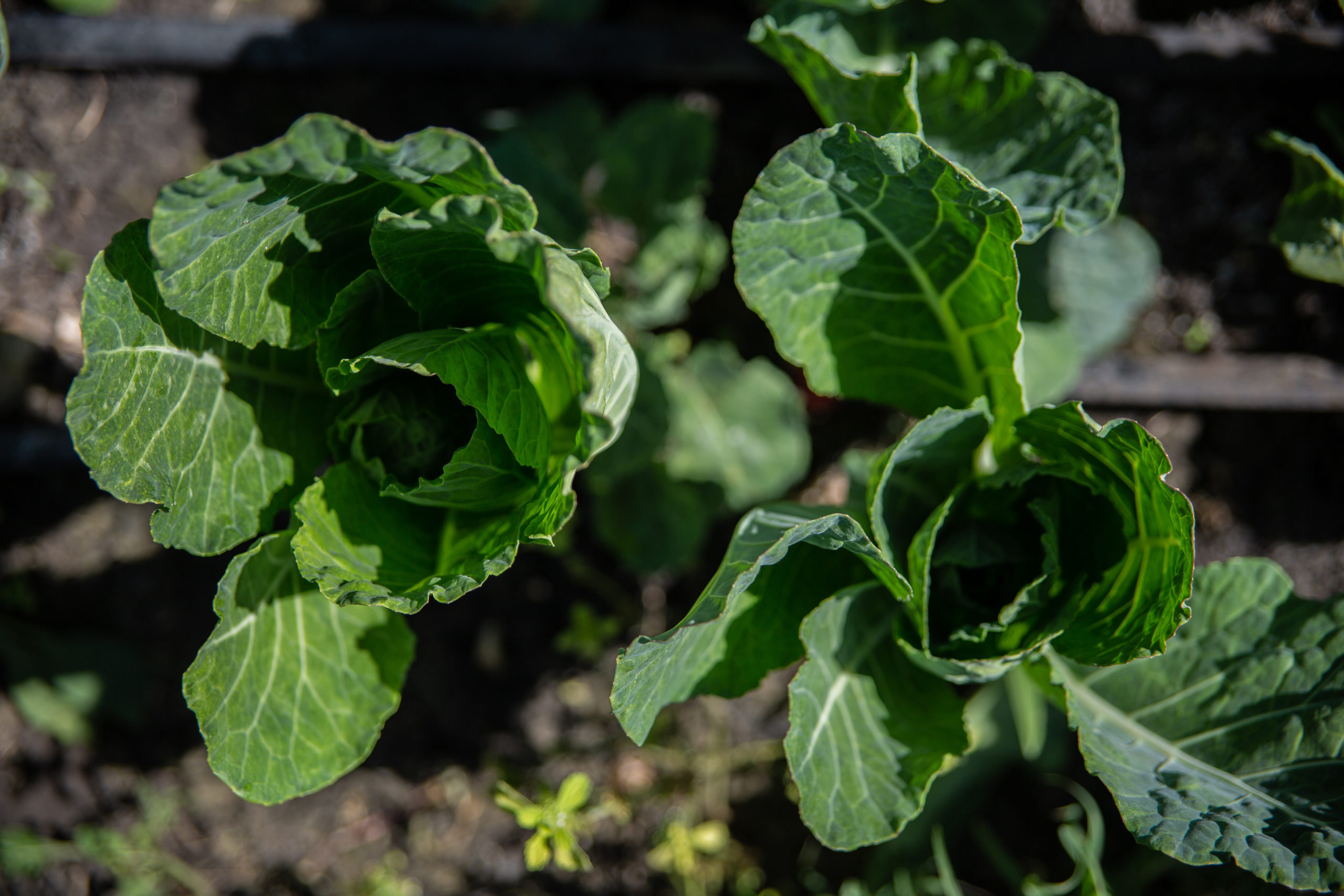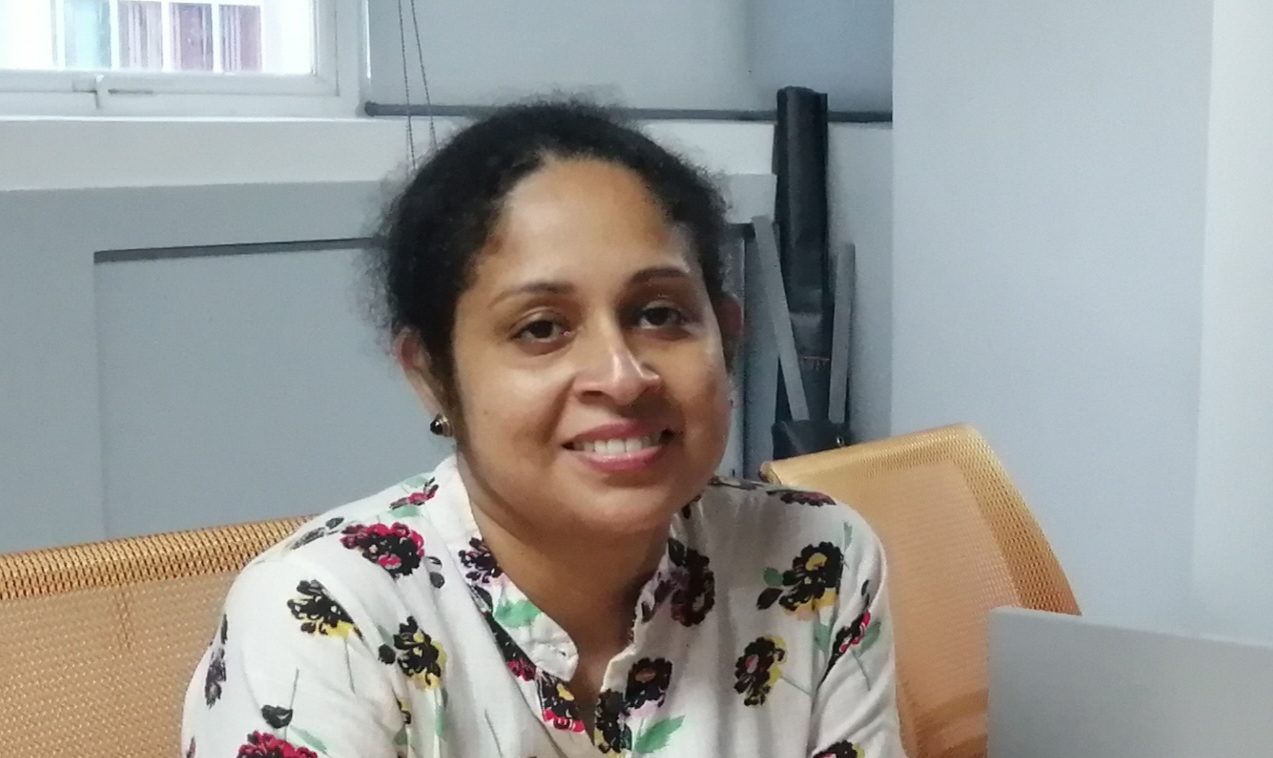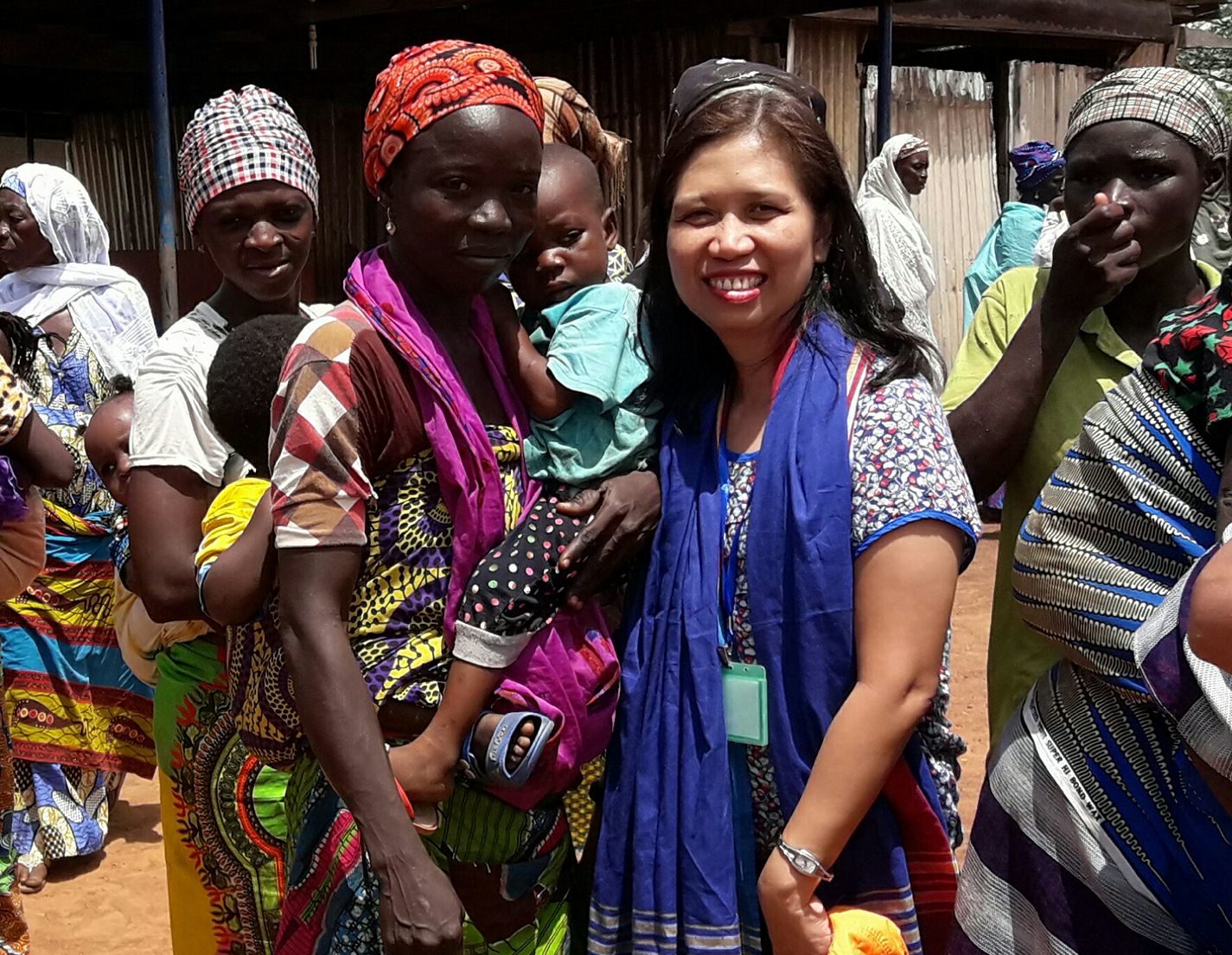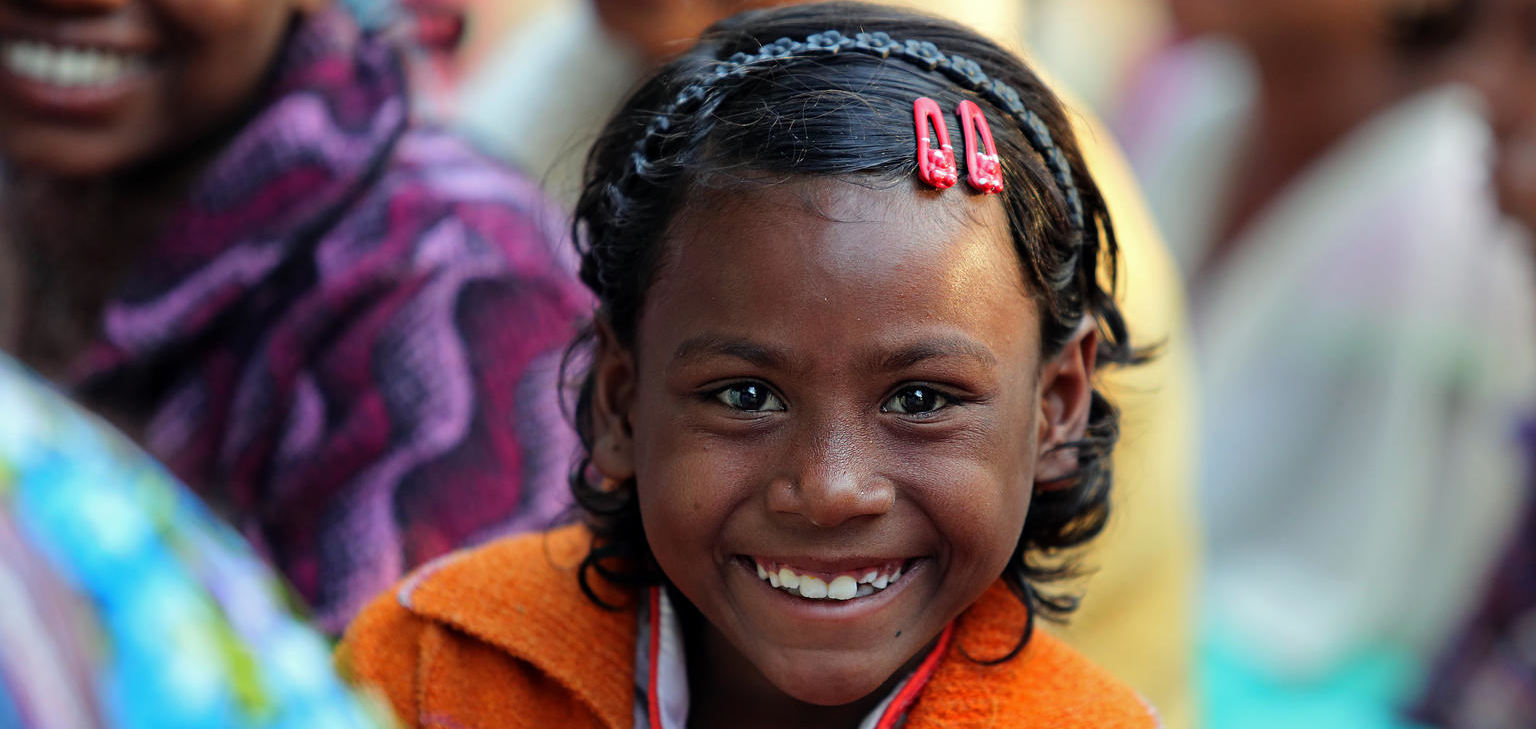In Cambodia, the code for producers of breast milk substitutes was put in place in 2005. However, for the next decade there was little to no enforcement and when surveyed, only 27% of officials actually knew the details of the code. Despite widespread violations, there was no reporting and no enforcement recognition in place. To combat these […]
ReadAll Asia region news
5 things we learnt from the 2020 Civil Society Annual Survey
Our membership is huge! With civil society presence in nearly 50 countries, we always knew we were a large network. But after gathering the data from this year’s Annual Survey we have discovered that we have an incredible 4212 member organisations in the Scaling Up Nutrition Civil Society Network (SUN CSN)!1 This number has increased […]
ReadThe SUN Civil Society Network launches its new 5-year strategy!
Why do we need a new CSN strategy? The Civil Society Network 3.0 strategy (2021-2025) constitutes an essential guide to rally all civil society members’ collective efforts behind a strong mission and vision. The CSN 3.0 strategy was designed for the Network by the Network, in alignment with the overall SUN Movement 3.0 strategy. As such, the […]
ReadSUN PfSl: International Women’s Day Program – 2021
International Women’s Day is celebrated on 8th of March every year. As an organization that works for the improvement of the nutritional status of the community, SUN PF also joins with various programs for Women’s Day every year. This is primarily because proper nutrition of women contributes to the nutritional wellbeing of the entire population […]
ReadMeet the women of the CSN: Dilka Rashmi Peiris
Project Director Scaling Up Nutrition People’s Forum, former SUN CSA focal person for Sri Lanka My work in nutrition I was really drawn to nutrition as it has a multi-sectoral approach. Women play a key role in implementing nutrition policies, both in the family and in society as a whole, and contributing to the health and […]
ReadMeet the women of the CSN: Duong Vu
Duong Vu, Vietnam Program Manager for Alive and Thrive (A&T) My work in nutrition I am Duong Vu. I work at Alive & Thrive Southeast Asia. As a core member of SUN CSN Vietnam, I supported the strategy development and policy advocacy. There are two recent policy wins that we all are very proud of. […]
ReadMeet the women of the CSN: Emilita Monville Oro
Acting Asia Regional Director and concurrent Country Director for Philippines International Institute of Rural Reconstruction (IIRR) My work in nutrition I got engaged with the SUN Movement through involvement of the International Institute of Rural Reconstruction (IIRR), as one of the founding members of PHILCAN, Philippine Coalition of Advocates for Nutrition Security, Inc. Subsequently, PHILCAN […]
ReadPrioritising Youth Voices During the Year of Action for Nutrition for Growth
2021: A year overflowing with opportunities It’s 2021, and although very little may have changed so far in comparison to 2020 (come on, vaccines!), there has already been a huge shift: it is now officially the Year of Action for Nutrition. Last year, the COVID-19 pandemic resulted in devastating losses to the decades of progress on […]
ReadFAMILY MUAC PROJECT 2020 – SUN POOLED FUND Afghanistan
By Alison Farnham MA, MMedSci, Nutritionist and SUN Pooled Fund Project Consultant, Action for Development Background Afghanistan is one of the poorest countries in the world. Since the Soviet invasion in 1979, the country has suffered through more than four decades of conflicts that have taken an incalculable toll on the country’s economic infrastructure and […]
ReadNutrition Can’t Wait: Setting the agenda for adolescent nutrition in the context of COVID-19 and beyond.
Written by Irshad Danish and Jigyasa Nawani from Nutrition International, this blog talks about their previous Adolescent Nutrition webinar and what came out of it. You can read the full piece here > https://scalingupnutrition.org/news/nutrition-cant-wait-setting-the-agenda-for-adolescent-nutrition-in-the-context-of-covid-19-and-beyond/ “While adolescents form one-sixth of the world’s population, adolescent nutrition remains an underrated agenda in most countries. With the COVID-19 pandemic interrupting most health and […]
ReadWritten by Irshad Danish and Jigyasa Nawani from Nutrition International, this blog talks about their previous Adolescent Nutrition webinar and what came out of it. You can read the full piece here > https://scalingupnutrition.org/news/nutrition-cant-wait-setting-the-agenda-for-adolescent-nutrition-in-the-context-of-covid-19-and-beyond/
“While adolescents form one-sixth of the world’s population, adolescent nutrition remains an underrated agenda in most countries. With the COVID-19 pandemic interrupting most health and nutrition welfare services, it has affected the focus on adolescent health as well. To discuss the agenda of adolescent nutrition in the context of COVID-19 and beyond, Nutrition International and SUN Civil Society Asia Coordination Group (ACG) organized a webinar in September, where speakers discussed the global and regional landscape of adolescent nutrition and shared some adolescent nutrition strategies that have worked well in their countries.”

